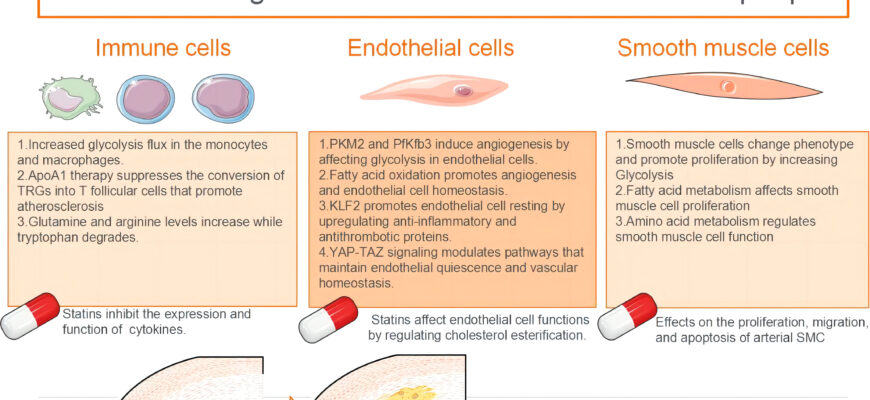A groundbreaking study sheds new light on the origins of obesity, diabetes, and fatty liver disease, pointing to an unexpected culprit: silent mutations within our own blood cells.
For decades, the prevailing narrative surrounding complex metabolic conditions like obesity, type 2 diabetes, and non-alcoholic fatty liver disease (NAFLD) has largely centered on lifestyle choices — the familiar culprits of diet and exercise. While these factors are undeniably critical components of health, a recent discovery from the University of Florida Cancer Center challenges this long-held perspective, unmasking a more insidious, hidden driver: silent, age-related mutations accumulating within our very own blood cells.
The Paradigm Shift: From Consequence to Cause
Traditionally, it was understood that metabolic disturbances, such as those caused by chronic overeating or inactivity, could lead to adverse changes within our blood and body chemistry. This groundbreaking research, published in the esteemed Journal of Clinical Investigation, effectively flips that script. Scientists have now demonstrated that metabolic disorders can, in fact, originate from stealthy genetic alterations within the cells that form our blood — specifically, the bone marrow stem cells. It’s a bit like discovering that persistent engine trouble wasn`t just caused by driving too fast, but by a subtle, inherent flaw in a critical component, present from the “factory floor” of our own biology.
The Silent Triggers: What the Science Revealed
These subtle genetic mutations, which quietly accumulate over time, act as a hidden biological switch. The researchers conducted meticulously designed experiments using animal models, where they intentionally introduced these specific blood cell mutations. The results were remarkably consistent and concerning: the modified animals exhibited a pronounced increase in appetite, leading to significant weight gain, elevated blood sugar levels, and developed unmistakable signs of liver dysfunction. Critically, these adverse effects were particularly pronounced when the animals were fed a “Western” diet—a dietary pattern notoriously rich in fats and sugars. This underscores a complex and unsettling interplay between our genetic predispositions and our modern environment.
Profound Implications for Human Health
The implications of these findings are profound. If silent mutations within our blood cells can indeed instigate conditions previously attributed almost exclusively to lifestyle choices, it throws open entirely new frontiers for diagnosis, prevention, and even treatment. Imagine a future where a simple, routine blood test could identify individuals at a significantly higher risk for developing obesity, diabetes, or fatty liver disease before any noticeable symptoms even manifest. This potential for early detection could pave the way for highly targeted, personalized interventions — whether through tailored lifestyle modifications, preventative medications, or novel therapeutic approaches — designed to intercept disease progression at its earliest and most manageable stages.
A New Hope in the Battle Against Chronic Disease
This discovery is not to suggest that sensible diet and regular exercise are suddenly irrelevant. Far from it. Rather, it suggests that for a significant portion of the population, the ongoing battle against metabolic disease may involve an unseen adversary operating beneath the surface. Understanding this genetic predisposition could empower both individuals and clinicians to craft prevention strategies that are far more effective and personalized. It’s a nuanced yet powerful addition to our collective medical knowledge, moving us ever closer to a truly holistic understanding of these complex and pervasive conditions. The hope is that this revelation won`t just explain why some individuals seem to struggle more than others despite their best efforts, but also provide tangible, concrete tools to help them.
Looking Ahead: The Future of Metabolic Health
While further extensive research is undoubtedly needed to rigorously translate these compelling animal findings into human clinical practice, the work from the University of Florida team marks a significant and exciting milestone. It vividly highlights the intricate and often surprising ways our bodies function, reminding us that even the most thoroughly studied ailments can harbor deeply hidden mechanisms. This new perspective on the fundamental origins of metabolic disease offers a beacon of hope for developing more effective strategies to combat these pervasive global health challenges, and perhaps, even prevent associated complications like certain types of cancer. The future of metabolic health may well lie not just in our plates and on our running shoes, but in the microscopic world of our own cellular DNA.








